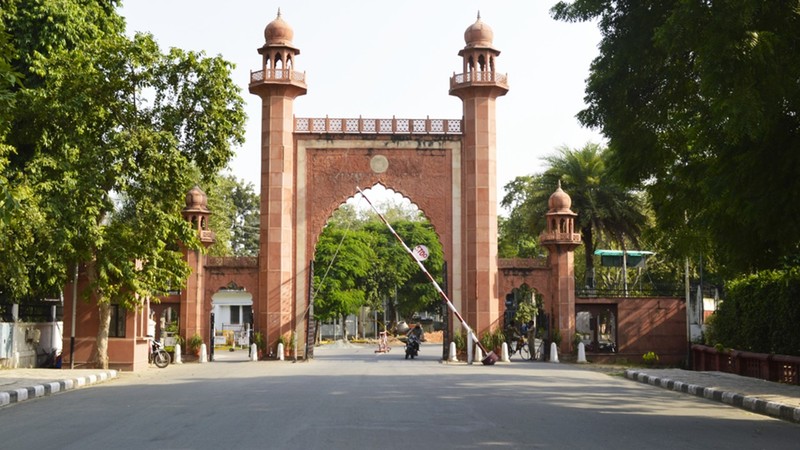AMU scientist discovers proteins that form cancer in liver
IANS Jun 24, 2020
An Aligarh Muslim University (AMU) zoologist, Dr Hifzur R. Siddique, has collaborated with Prof Keigo Machida of the University of Southern California, to discover the protein forming cancerous cells in the body, causing growth of tumour in the liver.
For our comprehensive coverage and latest updates on COVID-19 click here.

Their research could serve as a potential therapeutic target for the drug design and give a direction to the management strategy for this deadly disease. The AMU scientist said that he had been working on these cells for a decade and has established a dedicated lab to initiate pioneer research on Cancer Stem Cells at AMU.
Dr Siddiqui elaborated through his paper that alcohol consumption and hepatitis infection lead to liver cancer formation through stem cell factor and generation of cancer stem cells. Cancer stem cells are rare cells found in the tumour which are responsible for cancer initiation recurrence, invasion and metastasis. Thus, these cells were considered as 'root cause' of almost all cancer.
At initial stage of therapy, the cancer cells are killed either by chemotherapeutic drugs or radiation. However, a few cells survive and they form tumour and cancer reappear after a gap some time interval. He informed that annually, more than half million new cases of liver cancer patients are diagnosed and on 5-year survival rate is only 10-20 percent till today against 91 percent for breast cancer. Liver cancer is largely traced in developing or under developed countries where 80-83 percent of patients are found.
The study was recently published in the prestigious journal, Nature Communications 11 (2020). "Liver is considered as the powerhouse of the body. Due to the change in lifestyle, chronic alcohol consumption, Hepatitis virus infection, incidence of liver cancer is increasing by the day. However, exactly how these normal liver cells become cancerous is only partially understood," the scientist said.
Siddique and Machida discovered the molecular mechanisms of a cancer-causing protein, TBC1D15. "This degrades P53, known as guardian of genome, and activates the cancer-causing notch path activation," he told IANS on June 22. These cells were considered as root cause of almost all cancer. At initial stage of therapy, the cancer cells are killed either by chemotherapeutic drugs or radiation. However, a few cells survive and they form tumour and cancer reappears after a certain period.
In 2014, Siddique's work on therapy-resistant cancer was selected as one of the three 'Featured Prostate Cancer Research' work by the US department of Defence's '2014 Research Highlights' section -- a rare achievement by any scientist.
-
Exclusive Write-ups & Webinars by KOLs
-
Daily Quiz by specialty
-
Paid Market Research Surveys
-
Case discussions, News & Journals' summaries